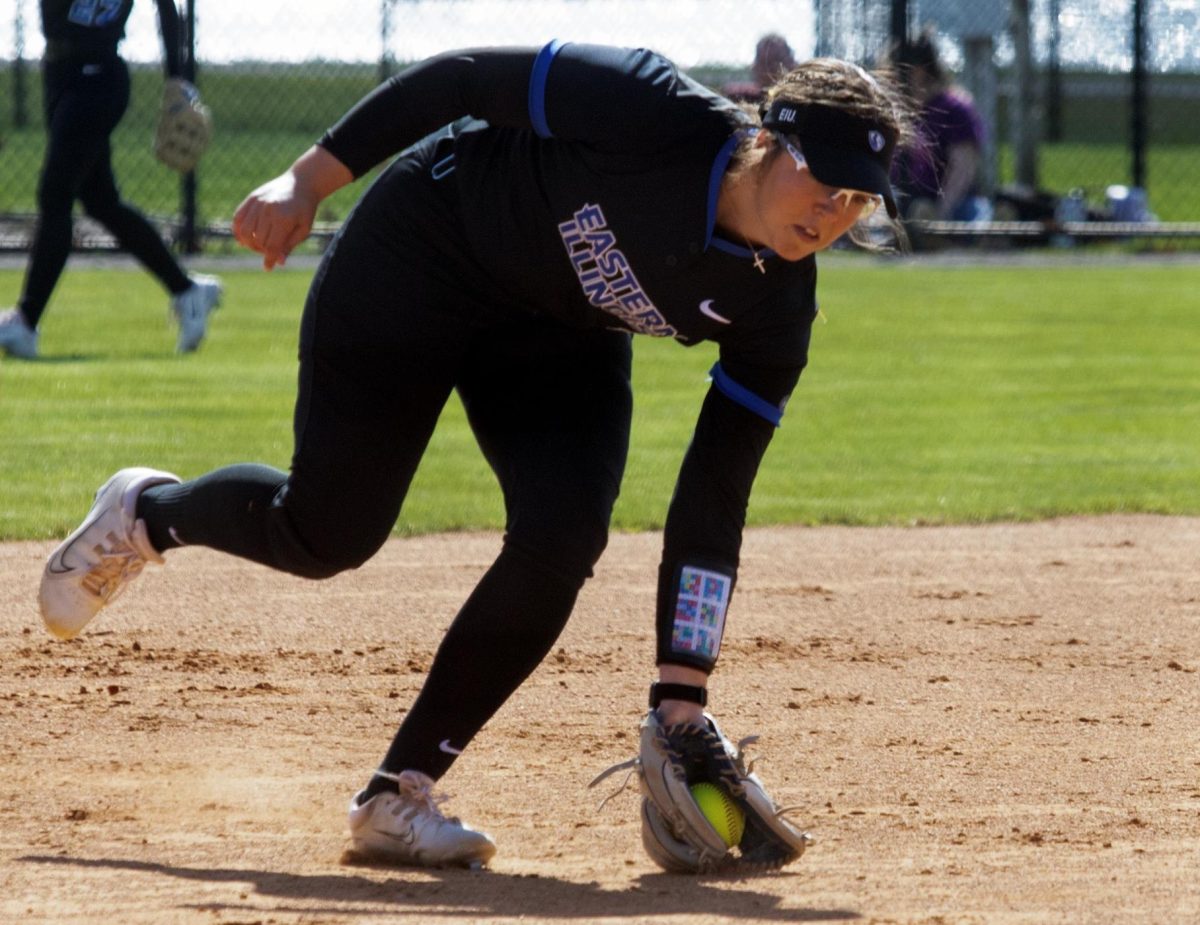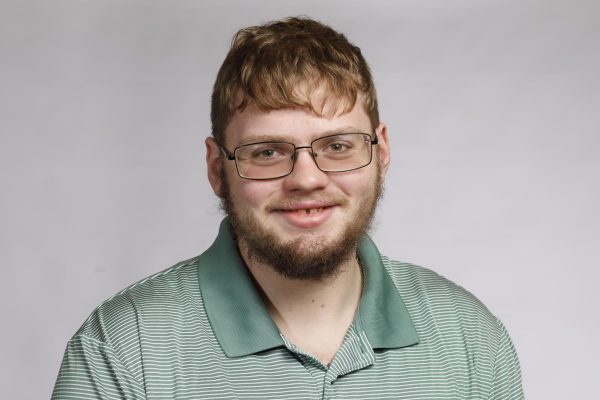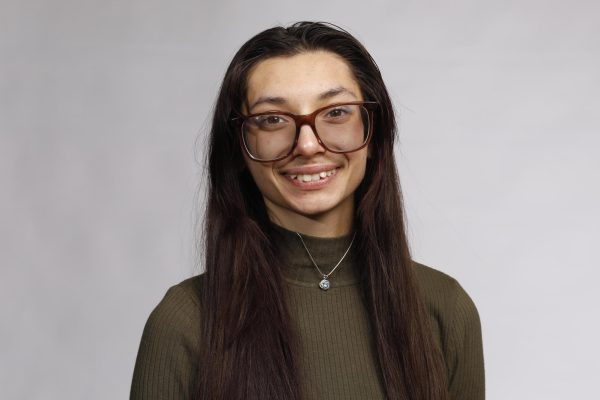
Redshirt sophomore defensive midfielder Liz Galvin for Eastern’s women’s soccer team jumped right into a seven-on-seven tournament in February after an entire winter of minimal training.
She went down with an injury to her right knee while playing. Galvin underwent surgery to repair her torn ACL a month later.
She was all too familiar with the procedure. After all, she experienced the same injury to her left knee during high school.
“I had to even them out,” Galvin said jokingly.
Knee injuries are common among soccer players and can ruin a player’s career if they come at the wrong time.
In Galvin’s case, she suffered her first knee injury two months after committing to play soccer at Eastern, and said if the injury happened before she committed, she might not have been able to play college soccer at all.
Cases like Galvin’s have caused the United Soccer Coaches Association to make an official proposal to the National Colligate Athletics Association to expand the women’s soccer season by two weeks and allow for a longer preseason.
The proposal, dubbed the modernized season, is set to be voted on in January with a potential implementation for the 2026 season.
The modernized season would “establish a two-week intentional and gradual transition opportunity, with flexibility for each university/program to decide their calendar,” the proposal reads.
“The overall thought process is the health and safety of the student athletes,” Eastern head coach Dirk Bennett said.
Current NCAA regulations prohibit coaches from being involved in the team in any capacity until the beginning of the 14 day preseason period.
During that period, teams play full exhibition games against other schools, allowing little time for players to prepare physically.
The modernized season would mean the preseason would be in essence extended to 28 days before the first regular season game as opposed to the current format, with roughly the first half of the 28-day period, dubbed the transition period, focused on slowly ramping up player activities.
By the time a team is allowed to play an exhibition game, its players will have been guaranteed at least a few weeks of training compared to the current model, which only allows for about seven days.
Should it be accepted, the regular season would also be extended by two weeks, one week at the beginning of the season and one at the end of the season, to allow for more weeks with only one game.
That would allow for better player recovery, cut down on travel during the season and allow for more productive practices, Bennett said.
Teams are required to have one off day per week, which for Eastern is Mondays. However, Bennett said a high minute player may not be recovered in time for Tuesday, which is the only day a team could realistically have a full practice while preparing for a Thursday game followed by one on Sunday.
“You feel like you might be able to have one hard practice a week after preseason,” Bennett said. “That’s kind of how you feel if you have double-game weeks a lot, which we do. It’s either [more single-game weeks] or you schedule fewer games, which also detracts from the student athlete experience.”
The modernized season would mean the season could start as early as July 15, 2026, and run through Dec. 12, 2026.
The United Soccer Coaches Association conducted a series of surveys across multiple different soccer programs. The feedback from the survey showed that many are in favor of an expanded season.
Many of the student athletes, about 83.7%, from 247 Division One programs that were surveyed said that six weeks per season with just one game during the week would provide greater rest and recovery. The same group of student athletes believe that a more gradual buildup into the season would relieve some of the physical and mental stress they have throughout the season.
Certified athletic trainers from 291 Division One programs were also surveyed. Almost 95% of athletic trainers believe that the extended preseason could reduce the risk of injury and other stress related issues.
The proposal will be voted on by the Division One Council at the NCAA convention in January.
Gabe Newman can be reached at 581-2812 or at ghnewman@eiu.edu.










![[thumbnail edition] Assistant Coach of the Linebackers, Rodman Noel talking to the linebackers about their positions at O'Brien Field on the Eastern Illinois University campus, Charleston Ill.](https://www.dailyeasternnews.com/wp-content/uploads/2025/04/FB_24_O-1-e1744671213207-1200x609.jpg)



![[Thumbnail Edition] Charleston High School sophomore Railyn Cox pitches the ball during Charleston's 8-7 win over Flora High School on Monday, March 31.](https://www.dailyeasternnews.com/wp-content/uploads/2025/04/SBHS_01_O-1-e1743982413843-1200x1023.jpg)

![[Thumbnail Edition] Senior Foward Macy McGlone, getsw the ball and gets the point during the first half of the game aginst Western Illinois University,, Eastern Illinois University Lost to Western Illinois University Thursday March 6 20205, 78-75 EIU lost making it the end of their season](https://www.dailyeasternnews.com/wp-content/uploads/2025/03/WBB_OVC_03_O-1-e1743361637111-1200x614.jpg)












![[THUMBNAIL EDITION] (From left to right) Head football coach Chris Wilkerson works with his son student assistant coach Peyton Wilkerson at football practice at O'Brien Field on the Eastern Illinois University campus on Thursday.](https://www.dailyeasternnews.com/wp-content/uploads/2025/04/FB_25_O-1-e1744234837107-1200x596.jpg)











































